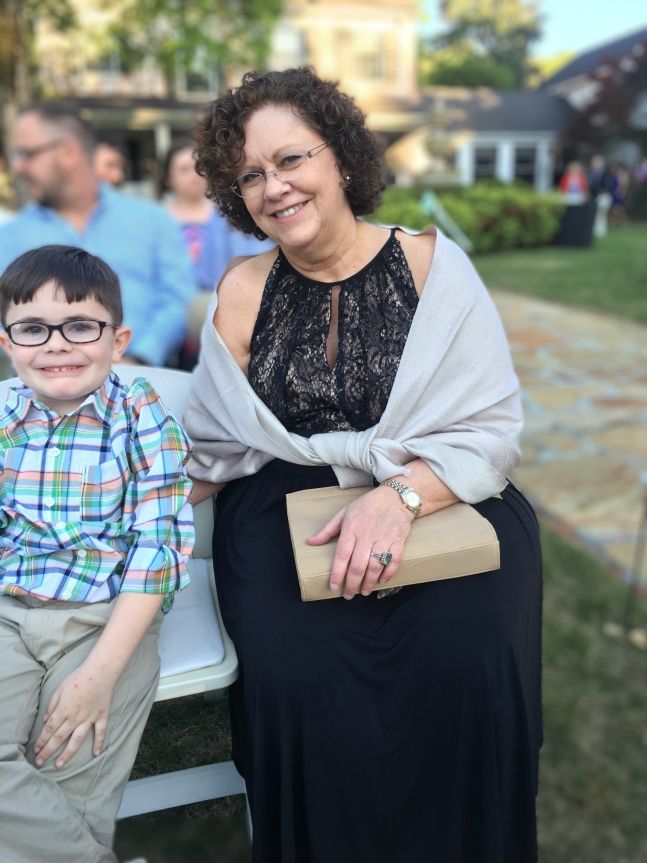St. Jude Family of Websites
Explore our cutting edge research, world-class patient care, career opportunities and more.
St. Jude Children's Research Hospital Home

- Fundraising
Care for Childhood Cancer Survivors at St. Jude
As a childhood cancer survivor, you have your whole life ahead of you. Taking care of your health is important. St. Jude Children’s Research Hospital is here to help you.

After you finish cancer treatment at St. Jude, your care continues. Our experts specialize in caring for survivors just like you. We provide follow-up care for years after you finish cancer treatment.
Childhood cancer survivors have unique health needs. Chemotherapy and radiation treatments can sometimes cause health problems months or years after treatment is over. It depends on the type of treatment and how much you received. These are called late effects. Treatments have been changed over the years to reduce the risk of late effects.
Late effects can affect your physical and mental health. They may also affect your thinking skills, learning skills, and memory. But there are many things you can do to manage and even prevent these effects.
Your St. Jude care team will work with your local care providers to help you stay healthy. As a team, we will make sure your health care is just right for you.

"Keep living. Do what you want to do. No matter what you're facing, it's just a thing."
Services we provide
Get involved
Childhood cancer survivor research studies
By taking part in a St. Jude research study, you may learn more about your health. You may also help other childhood cancer survivors. St. Jude leads some of the world’s largest research studies on childhood cancer survivorship.
St. Jude LIFE Study
The St. Jude Lifetime Cohort Study (St. Jude LIFE) helps researchers learn more about the health of adult survivors of childhood cancer. Current St. Jude LIFE participants received treatment at St. Jude between 1962–2012 and selected groups after 2012.
Those taking part visit St. Jude every 5 years for 2–3 days of clinical exams and tests. You also complete surveys. You can help us learn more about the health issues of childhood cancer survivors. You can also learn more about your own health.
St. Jude leads some of the world’s largest research studies on childhood cancer survivors. The details we learn may help you take care of your health needs. The study also helps health care providers understand the best ways to care for patients and survivors around the world.
Long-Term Follow-Up (LTFU) Study
The Long-Term Follow-Up (LTFU) Study follows the health of survivors and their siblings over time. Survivors from 31 different cancer treatment centers take part. They complete surveys to help researchers learn about the long-term effects of childhood cancer treatment.
The LTFU study also includes a sibling group that allows researchers to compare the health of survivors and their brothers and sisters.:
The LTFU Study, also known as the Childhood Cancer Survivor Study, is one of the world’s largest and longest-running studies of the long-term effects of cancer and its treatments.


